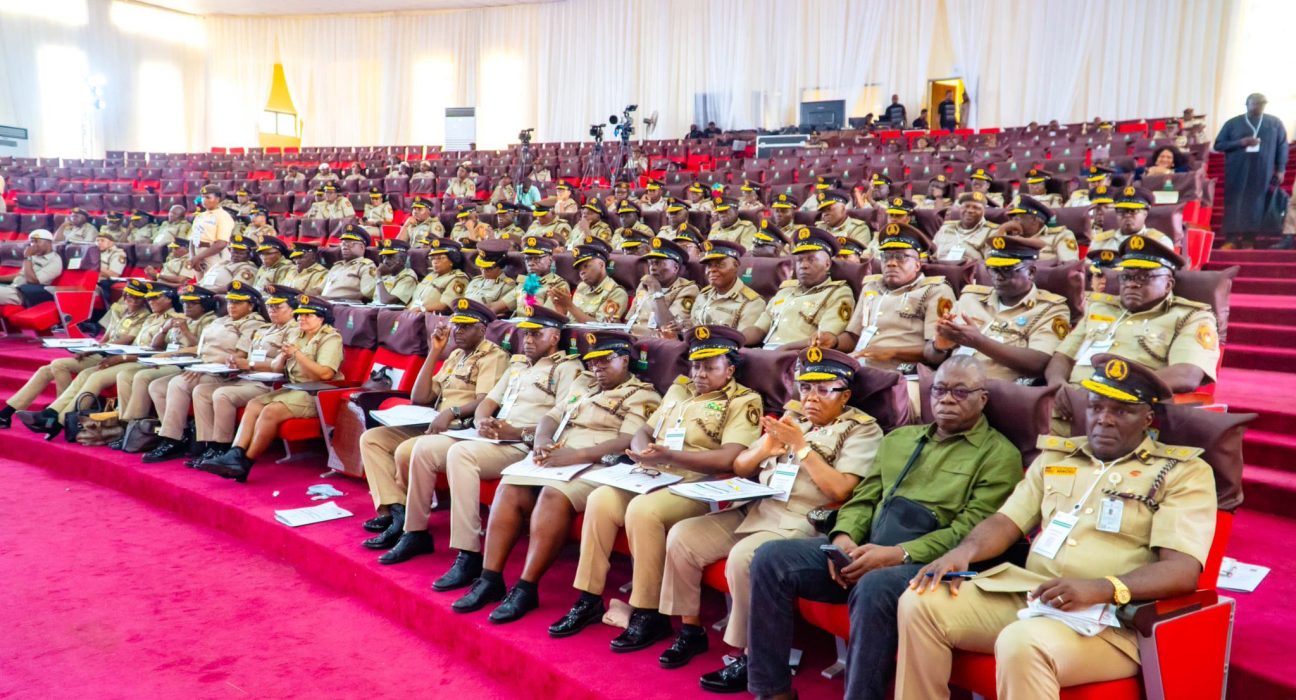Abuja, July 1, 2025 — In a bid to enhance operational efficiency and foster innovation in immigration and internal security services, the Nigeria Immigration Service (NIS), in collaboration with the Federal Ministry of Interior, on Tuesday hosted a high-level Stakeholders’ Sensitization Workshop on Service Innovations.
The event, held in Abuja, brought together top government officials, private sector partners, development agencies, and civil society stakeholders to deliberate on the recent service transformation initiatives being implemented by the NIS and other agencies under the Ministry.
Declaring the workshop open, the Minister of Interior, Dr. Olubunmi Tunji-Ojo, emphasized the Federal Government’s commitment to reforming service delivery across all ministries and parastatals, particularly in the areas of digitalization, transparency, and citizen-focused services.
“Our goal is to build institutions that are modern, responsive, and efficient,” Dr. Tunji-Ojo stated. “With innovations such as the digital passport application, enhanced border control systems, and integration with national identity infrastructure, we are building a foundation for a smarter and more secure Nigeria.”
The Acting Comptroller General of the Nigeria Immigration Service, Adepoju Carol Wura-Ola, in her remarks, stressed the importance of public-private collaboration and continuous stakeholder engagement in achieving the NIS’s service delivery targets. She said the workshop was part of a broader strategy to engage with the public, gather feedback, and ensure that innovation aligns with the real needs of citizens.
Participants were briefed on recent service improvements, including:
Automation of passport processing and visa-on-arrival systems;
Deployment of electronic gates (e-gates) at major international airports;
Strengthened border surveillance using drone technology and biometric verification tools;
Improved turnaround time for passport issuance and immigration clearances.
The sensitization workshop also provided a platform to showcase new digital tools designed to eliminate bureaucratic bottlenecks, improve transparency, and curb corruption in service delivery.
Stakeholders present commended the Ministry and NIS for taking proactive steps to modernize immigration services and pledged support for sustained collaboration in the interest of national development.
